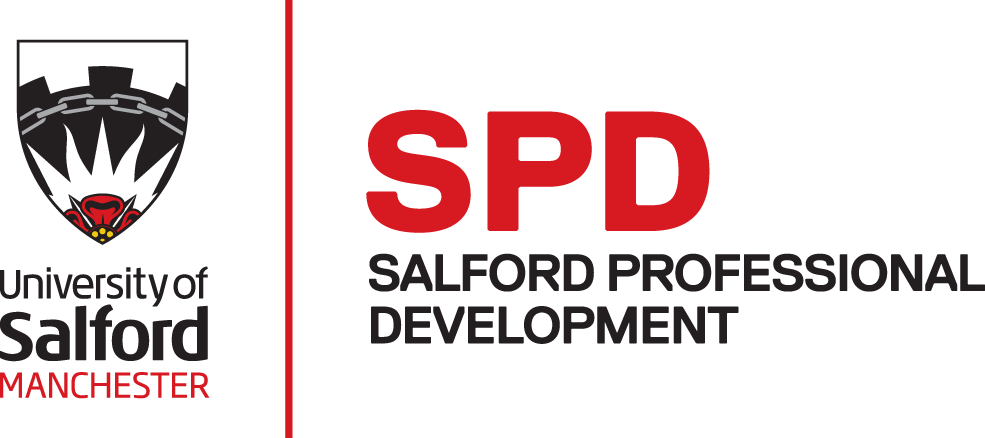ILM level 5 Certificate in Leadership and Management
Course Overview
The ILM Level 5 Certification in Leadership and Management is designed for practising middle managers, project managers and department heads, helping them to develop their skills and experience, improve performance and prepare for senior management responsibilities. The qualification covers core areas of management and leadership including being an effective leader, managing and implementing change and developing and leading teams.
Over the three classroom days you will develop your own ability and confidence to thrive as an effective leader within your organisation, developing skills to manage change within your team and wider organisation, enhancing your own ability to lead teams to collectively achieve organisational goals.
The approach:
A combination of activities, personal reflective questionnaires and the application of knowledge into skills encourages personal development and leadership in a safe environment.

At a glance
- Identifying when to manage and when to lead, through conscious decision-making.
- Role-modelling leadership and organisational values consistently to demonstrate authenticity and resilience.
- Developing a set of tools to identify appropriate leadership styles based on individuals and the situations to deliver business performance.
- Recognising the application of theories of motivation to engage and inspire team members for improved performance and organisational alignment.
- Incorporating emotional intelligence into the leadership toolkit to acknowledge the effect of your own emotions on the leadership of others.
- Understanding organisational context and the need for change and innovation.
- Conducting organisational and environmental analysis to identify drivers and opportunities for change.
- Exploring the challenges of operating in complex and volatile environments and identifying effective management and leadership strategies.
- Developing the skills to use evidence-based change models to manage effective change.
- Engaging and communicating with a range of internal and external stakeholders.
- Recognising the human factor and psychological responses to change and how to navigate this with individuals.
- Examining the challenges of leading teams against evidence-based theory and models.
- Exploring how to motivate and develop talent, including effective performance management and feedback approaches to optimise engagement.
- Identifying techniques to monitor and manage teams and the delivery of performance against organisational goals.
- Recognising the stages of team development and the role of the leader in progressing the team to function effectively.
- Utilising a coaching leadership approach to support individual and team development
Benefits for Organisations:
- Empower managers with knowledge and skills to be effective leaders
- Develop managers abilities to identify opportunities for change and effectively manage processes
- Empower managers to develop and lead teams effectively to achieve organisational goals
Learning Outcomes for individuals:
- Develop your ability and confidence to be an effective leader
- Understand and enhance key leadership skills including emotional intelligence, motivating & inspiring and resilience.
- Develop skills in planning and leading effective change within the workplace
- Enhance your abilities in developing and leading teams to achieve organisational goals
The Assessment and Accreditation process follows the completion of the three classroom modules and will focus on the practical assessment of the core competencies.
Assessment is via three practical work-based assignments which ensure minimal time away from work and that you undertake work study which is relevant to your own organisation.
The three modules are written assignments which include:
- Becoming and effective leader – Allowing you to understand your own ability to fulfil key responsibilities of the leadership role and evaluate your ability to lead others
- Managing and Implementing Change in the Workplace - Be able to manage and implement change in the workplace, and knowing the techniques for leading individuals and teams to achieve success.
- Developing & Leading Teams to Achieve Organisational Goals and Objectives - Understand the importance of leading teams to achieve organisational goals and objectives
On-campus Training
Salford Professional Development training facilities is located in Greater Manchester, just outside the city centre on The University of Salford campus at Adelphi House.
If you prefer face-to-face learning methods, receive personal one-to-one support from expert tutors and enjoy networking with like-minded professionals, our on-campus training cohorts may be the best option for you.
Online Classroom
This programme offers virtual classroom learning dates to best suit those who have busy work/life schedule, are located outside of the United Kingdom or outside of the Northwest of the UK area and prefer online learning methods and networking.
In-House and Tailored Training
Our in-house and bespoke training options are perfect for organisations who are looking to upskill a group of professionals and prefer to have the training delivered on site from their location. We also offer the option to tailor course content to match the groups real life experiences they will face in their role and industry.
